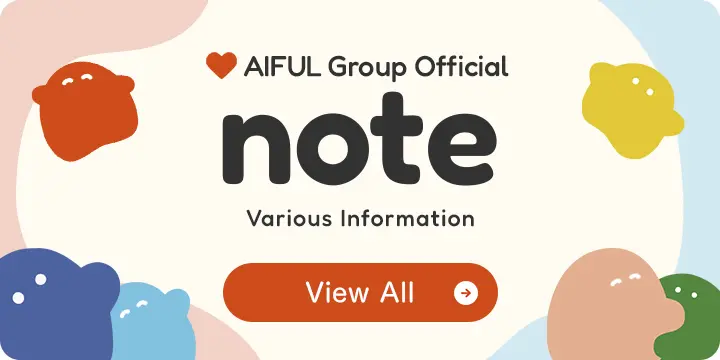


Unsecured consumer loans business is defined as “a business that provides monetary loans to consumers based on their credit, to be used for the purchase of goods and services for personal consumption.”
Historically, lending to consumers in Japan was dominated by pawnshops, which provided loans against physical items as collateral before and after World War II. However, Japan’s postwar economic growth led to rising national income, improved living standards, and the development of a mass consumption society driven by mass production. These changes in society created new demand for financial services.
In the early 1960s, a new business model emerged that offered loans based on a person’s credit, rather than physical collateral. This marked the beginning of unsecured consumer loans, which have since become a common form of financing based on trust in the borrower’s credit.
While traditional financial institutions such as banks focused on large-scale loans to corporations, consumer finance companies specializing in unsecured loans to individuals concentrated their management resources on small-lot, unsecured lending. By enhancing services tailored to customer needs, these companies successfully expanded their business scale.
Major players in the industry have developed proprietary expertise in all aspects of the business—from loan origination to credit screening and receivables management. They have continuously driven innovation by developing scoring systems (automated credit assessment tools), introducing self-service contract machines and unmanned branches to expand customer acquisition channels, and strengthening CD/ATM networks through partnerships with financial institutions.
In recent years, the digital environment has changed dramatically, and the majority of applications are now submitted online. Unsecured consumer loan companies have invested heavily in building their web infrastructure by developing smartphone apps and enhancing website usability. In addition, the innovation of IT—including fintech and AI—has enabled new services such as cardless transactions at convenience stores and more precise credit assessments through enhanced scoring systems. These technologies allow lenders to provide services and credit that better align with consumer needs.




